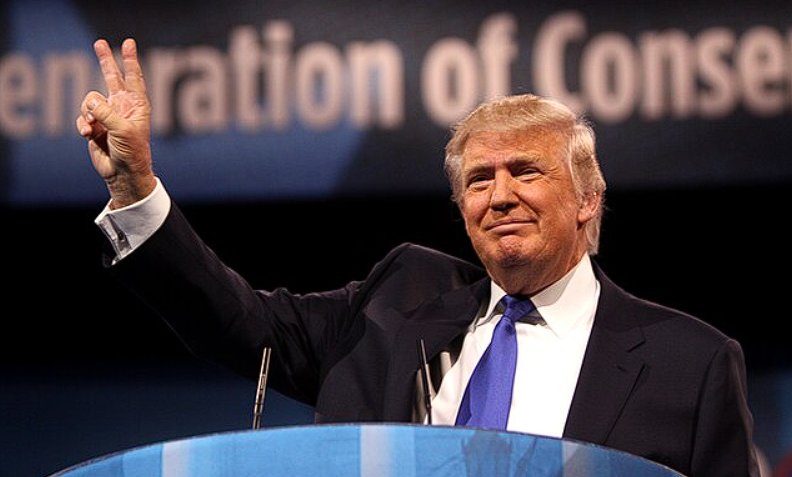Trump’s Bid to Lift Gag Order in Civil Fraud Trial Denied by Appeals Court.
Others are reading now
In the ongoing civil fraud trial involving former President Donald Trump in New York, a significant legal development has occurred. Trump’s effort to lift a gag order, which restricts him from publicly criticizing court staff, was recently denied by a New York appeals court.
This decision has sparked discussions in legal circles, with experts like former FBI General Counsel Andrew Weissmann weighing in on the matter.
According to Newsweek, Weissmann expressed surprise at Trump’s initial move to challenge the gag order, considering it is a standard judicial measure to ensure fair trial proceedings.
Also read
The gag order, imposed by Judge Arthur Engoron, specifically prohibits Trump from making public statements against court personnel. Despite this, Trump has been fined twice, totaling $15,000, for violating the order by publicly targeting the judge’s law clerk, Alison Greenfield.
Trump’s legal team attempted to challenge the gag order using an obscure state law, Article 78, but the court dismissed this approach as inappropriate.
The court’s decision emphasized the limited scope of the gag order and its focus on maintaining the integrity of the court’s staff and proceedings.
The former president’s lawyer, Chris Kise, cited the gag order as a reason for Trump not returning to court for a scheduled testimony on December 11.
Kise criticized New York Attorney General Letitia James for her continued pursuit of Trump, claiming it was detrimental to New York’s business environment.
The trial is set to resume in January with closing arguments. Judge Engoron has already found Trump guilty of fraud in his financial statements, and the court is now tasked with determining the penalty against Trump and his real estate company. A final decision is expected by late January or early February.
This case continues to draw attention due to its high-profile nature and the legal complexities involved, particularly regarding First Amendment rights and judicial procedures.


